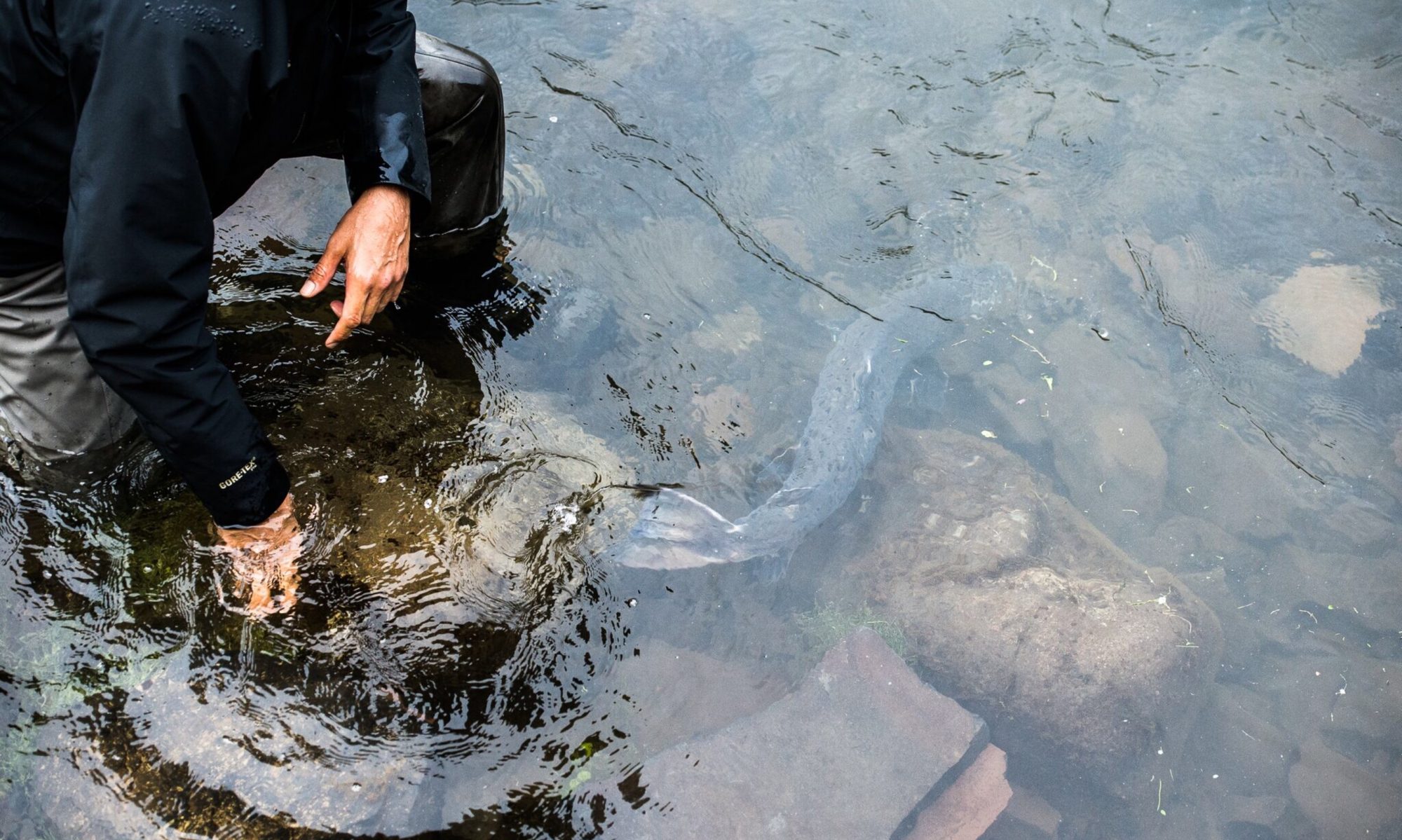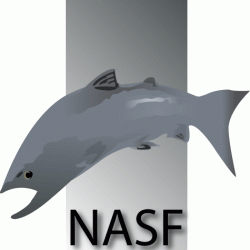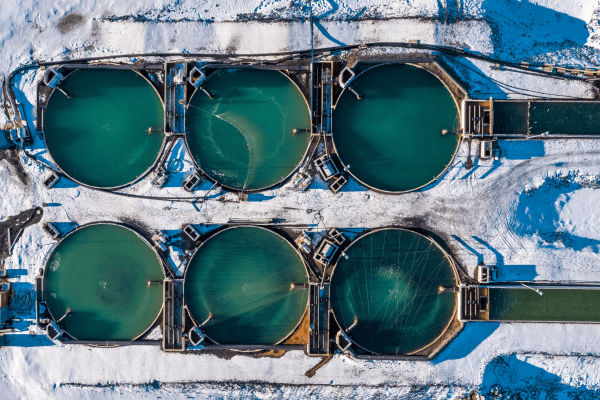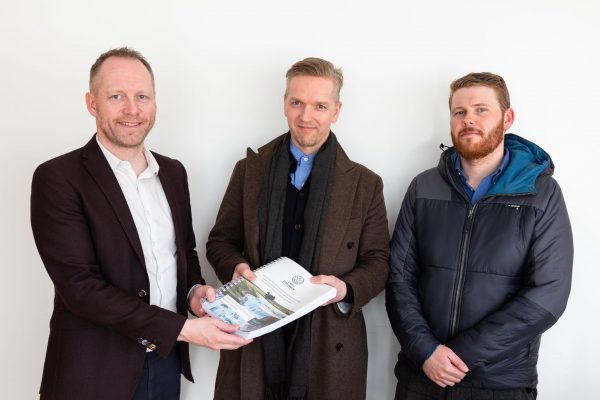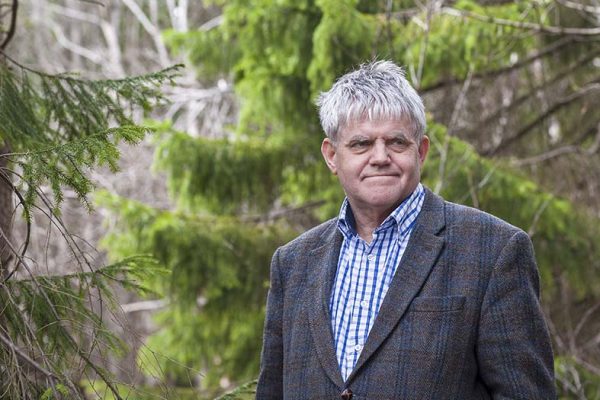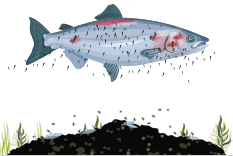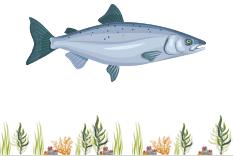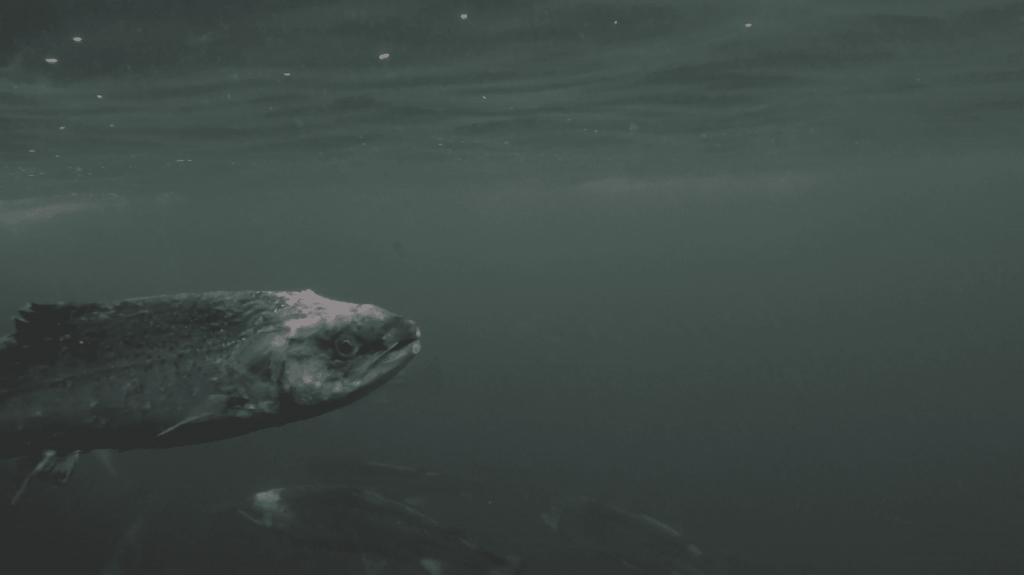The North Atlantic Salmon Fund (US) is a 501(c)(3) non-profit founded in the United States in 1996 to support the work of Icelandic businessman and conservationist, Orri Vigfusson. An avid angler who came of age fly fishing on the banks of remote Icelandic rivers, he is credited with saving the wild North Atlantic salmon from extinction. His strategy of brokering commercial conservation agreements aimed at preserving this endangered fish, while simultaneously compensating fishermen and transitioning them to more sustainable fisheries, has saved over 10 million North Atlantic salmon since 1991.
Orri Vigfusson passed away July 1, 2017, but through the efforts of the North Atlantic Salmon Fund (US) and its partners abroad, his legacy will live on. A fund has been started in his name to ensure Orri’s signature accomplishments, the commercial conservation agreements, will persist for as long as they are needed.
Find out more about the Orri Fund
